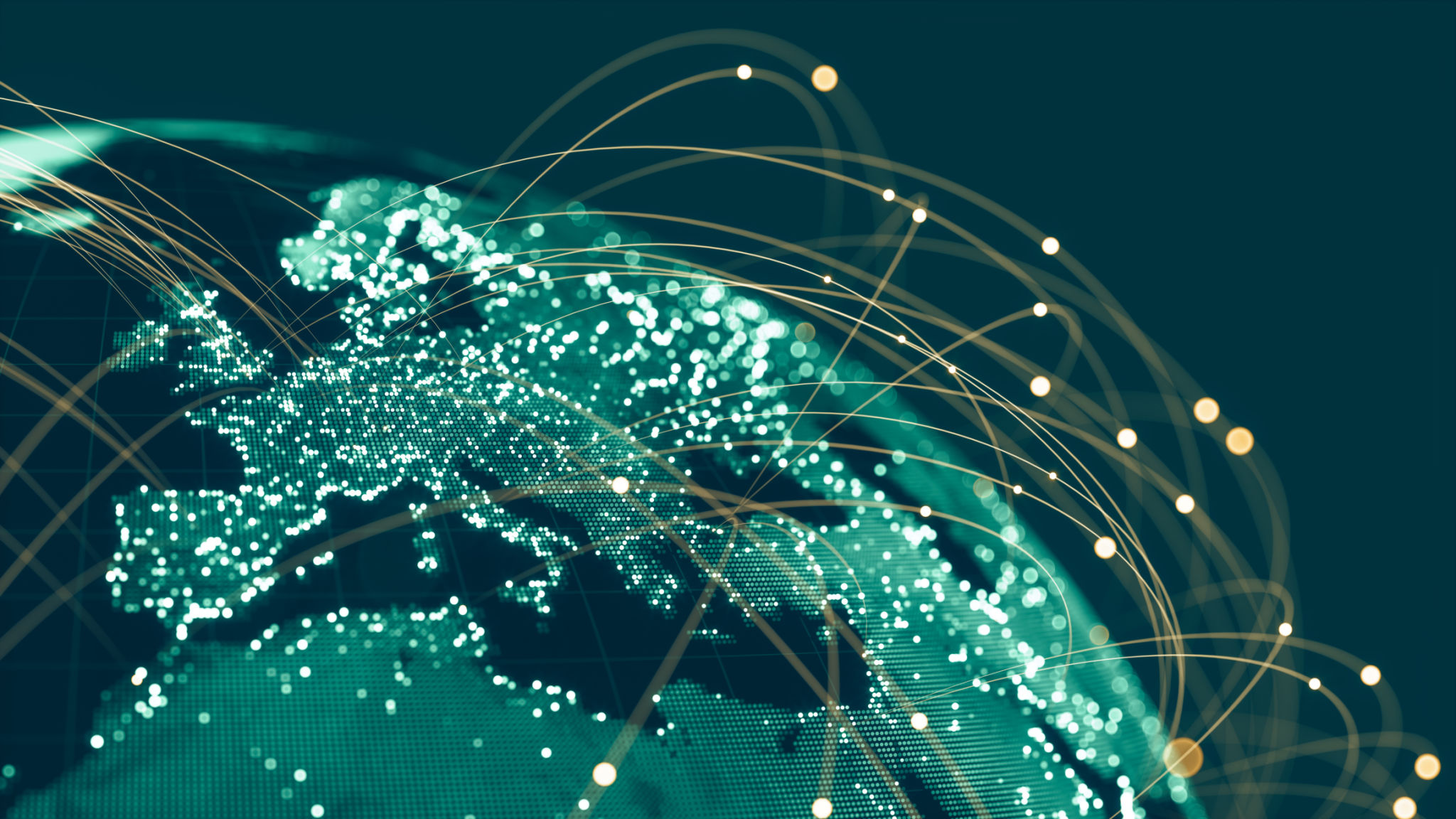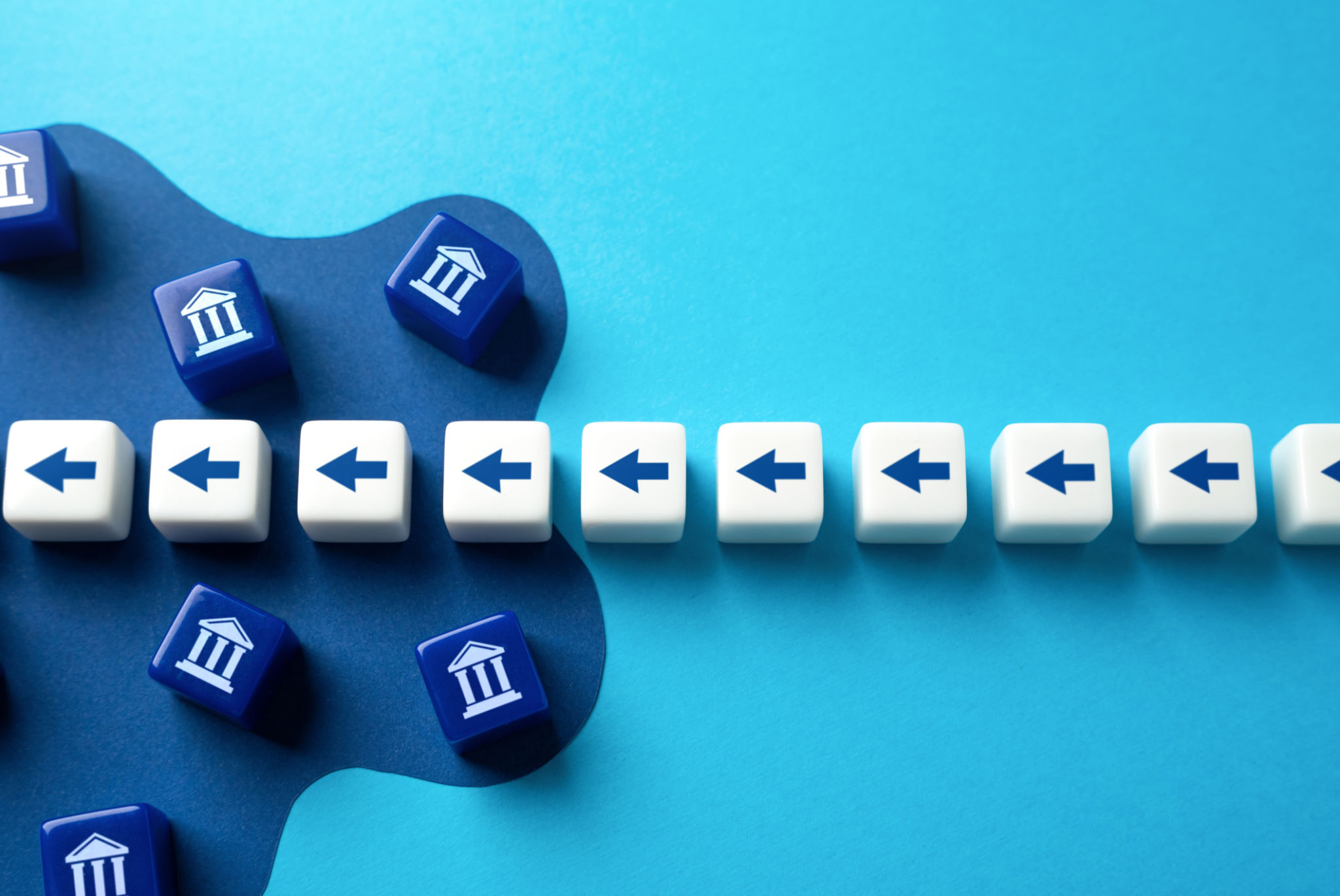Decentralization vs. Centralization: Which is Better for Personal Empowerment?
Understanding Decentralization and Centralization
In today's rapidly evolving world, the concepts of decentralization and centralization are increasingly relevant, particularly when discussing personal empowerment. These terms describe different approaches to governance, decision-making, and control. But what do they mean for individuals seeking more autonomy in their lives?
Decentralization refers to the distribution of power away from a central authority, enabling individual entities or nodes to operate independently. This approach encourages personal responsibility and flexibility. On the other hand, centralization implies a concentration of power and decision-making within a single, central authority. It often leads to uniformity and efficiency.

The Benefits of Decentralization for Personal Empowerment
Decentralization can significantly enhance personal empowerment by granting individuals more control over their lives. One of the primary benefits is the promotion of autonomy and self-determination. In decentralized systems, people have the freedom to make decisions that directly affect their lives without waiting for approval from a central authority.
Furthermore, decentralization can lead to increased innovation and creativity. With fewer restrictions and more freedom to explore new ideas, individuals can experiment and develop unique solutions to problems. This environment nurtures personal growth and encourages a sense of ownership and accountability.

Challenges of Decentralization
Despite its benefits, decentralization is not without its challenges. One significant issue is the potential for inequality. Without a central authority to ensure resources are distributed fairly, some individuals or groups may gain more power than others. Additionally, decentralization can lead to fragmentation, making it difficult to coordinate efforts and achieve cohesive outcomes.
Another challenge is the increased complexity that comes with decentralization. Managing multiple independent entities requires effective communication and collaboration, which can be difficult to achieve without a centralized structure.
The Advantages of Centralization for Personal Empowerment
Centralization can also play a significant role in personal empowerment by offering consistency and stability. With a single authority overseeing operations, decisions can be made quickly and uniformly, reducing confusion and ensuring everyone is on the same page.

This approach can be particularly beneficial in times of crisis when decisive action is required. Centralized systems can mobilize resources efficiently, providing individuals with the support they need to navigate challenging situations.
Drawbacks of Centralization
However, centralization has its drawbacks. One major concern is the risk of bureaucracy, where decision-making becomes bogged down in red tape, slowing progress and stifling innovation. This can lead to frustration and a lack of motivation among individuals who feel their input is not valued.
Moreover, centralization can result in over-reliance on authority. When people become accustomed to a central authority making decisions for them, they may lose their ability to think critically and independently, limiting their personal growth.

Finding the Right Balance for Empowerment
The debate between decentralization and centralization is not about choosing one over the other but rather finding a balance that maximizes personal empowerment. By recognizing the strengths and weaknesses of each approach, individuals and organizations can tailor their strategies to suit their unique needs.
A hybrid model that combines elements of both decentralization and centralization can offer the best of both worlds. By empowering individuals with autonomy while maintaining a level of oversight to ensure fairness and cohesion, this approach can foster an environment where personal empowerment thrives.
